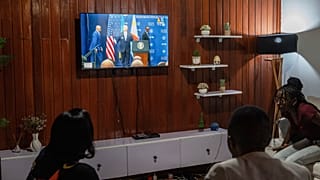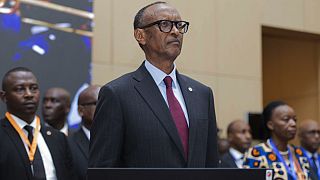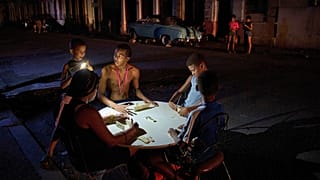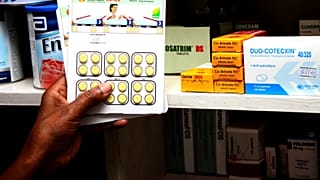Health
Nigeria made history as the first African country to obtain the mpox vaccine.
Last week, it received 10,000 doses from the United States to strengthen its efforts against an outbreak.
But Africa has only received a minimal amount of vaccines, and nations like the Democratic Republic of Congo, the center of the outbreak, still have no vaccines available.
Andrew Jones, UNICEF’s Deputy Director for Immunization Supplies, attributes the delays to bureaucratic hurdles.
"Right now, one of the things UNICEF is working on the ground with the government and with the W.H.O. is the different strategies. I think there's been a lot of debate about what's the best strategy to use, who to immunize. And so some of that, the planning is being done..." he said.
Professor Oyewale Tomori, a specialist in Infectious Diseases in Nigeria, stresses the importance of prioritizing additional measures.
He stated that the first step is to ensure proper case identification.
This requires enhancing surveillance to effectively detect cases.
Once cases are identified, it is crucial to confirm whether they are indeed monkeypox (mpox), as other conditions may present similar symptoms.
After confirmation, the next steps involve isolating the affected individuals and tracing their contacts for monitoring. If any contacts show symptoms, they too should be isolated.
Democratic Republic of Congo reports the highest number of cases, with over 18,000 suspected infections and 629 fatalities - 463 of them children, according to UNICEF.
Unfortunately, the mpox vaccine available to African countries is not suitable for children.












02:09
Toxic smoke chokes Conakry community as residents plead for government action
01:00
Tehran's severe pollution forces school closures and limits traffic
Go to video
UNICEF secures agreement to cut malaria vaccine costs
00:58
Ethiopia confirms three deaths in new Marburg virus outbreak
00:54
A third of Japan-donated Mpox vaccines wasted in DRC due to storage challenges
01:31
South Africa starts clinical trials on first locally developed oral cholera vaccine